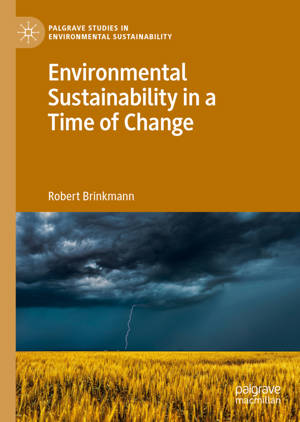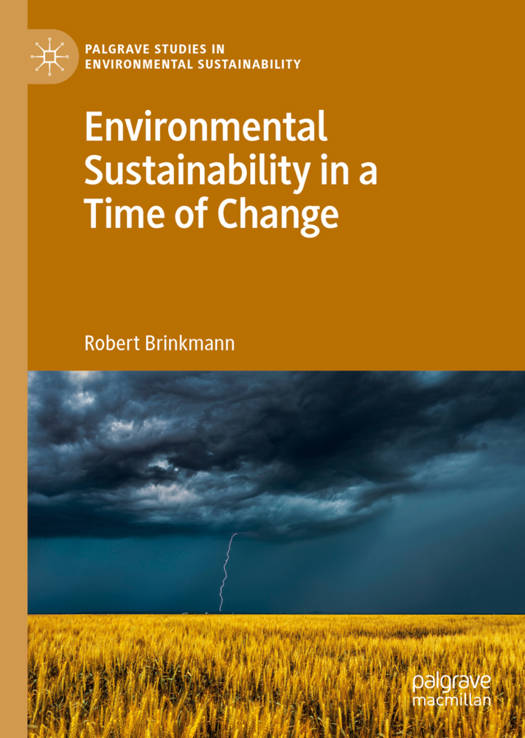
- Afhalen na 1 uur in een winkel met voorraad
- Gratis thuislevering in België vanaf € 30
- Ruim aanbod met 7 miljoen producten
- Afhalen na 1 uur in een winkel met voorraad
- Gratis thuislevering in België vanaf € 30
- Ruim aanbod met 7 miljoen producten
Zoeken
Omschrijving
Environmental Sustainability in a Time of Change is the first book in a new Palgrave series on Environmental Sustainability. It takes a fresh look at the dynamic field of environmental sustainability by exploring the interconnections between climate change, water, energy, waste, land use, ecosystems, food, and transportation. It also provides an extensive summary on sustainability management, data analysis, mapping, and data sources. Brinkmann highlights how environmental sustainability challenges are distinctly different in the developed world, where sustainability is largely a choice, versus the developing world, where many struggle with basic existence due to war, migration, and water or food scarcity. He takes a broad systems and historic approach to contextualize environmental sustainability prior to the 1987 Brundtland Report and utilizes many contemporary examples throughout the text, analyzing numerous case studies from many areas of the world including China, Yemen, Malaysia, Egypt, and Florida.
This book questions traditional approaches to sustainability that highlight the need for an equal balance of economic development, environmental protection, and social equality to achieve sustainability. This book focuses on a new line of thinking that places environmental sustainability as the key foundation in how to manage sustainability in a time of change. Our planet is quickly becoming environmentally unsustainable due to global consumption and unsustainable economic development and it is high time for a fresh approach. This book will be of great value to academics, practitioners, and students interested in environmental sustainability from a myriad of fields including geology, geography, biology, ecology, economics, business, sociology, anthropology, and other areas that intersect the interdisciplinary field of sustainability.
This book questions traditional approaches to sustainability that highlight the need for an equal balance of economic development, environmental protection, and social equality to achieve sustainability. This book focuses on a new line of thinking that places environmental sustainability as the key foundation in how to manage sustainability in a time of change. Our planet is quickly becoming environmentally unsustainable due to global consumption and unsustainable economic development and it is high time for a fresh approach. This book will be of great value to academics, practitioners, and students interested in environmental sustainability from a myriad of fields including geology, geography, biology, ecology, economics, business, sociology, anthropology, and other areas that intersect the interdisciplinary field of sustainability.
Specificaties
Betrokkenen
- Auteur(s):
- Uitgeverij:
Inhoud
- Aantal bladzijden:
- 325
- Taal:
- Engels
- Reeks:
Eigenschappen
- Productcode (EAN):
- 9783030282028
- Verschijningsdatum:
- 4/11/2019
- Uitvoering:
- Hardcover
- Formaat:
- Genaaid
- Afmetingen:
- 148 mm x 210 mm
- Gewicht:
- 703 g

Alleen bij Standaard Boekhandel
+ 168 punten op je klantenkaart van Standaard Boekhandel
Beoordelingen
We publiceren alleen reviews die voldoen aan de voorwaarden voor reviews. Bekijk onze voorwaarden voor reviews.











